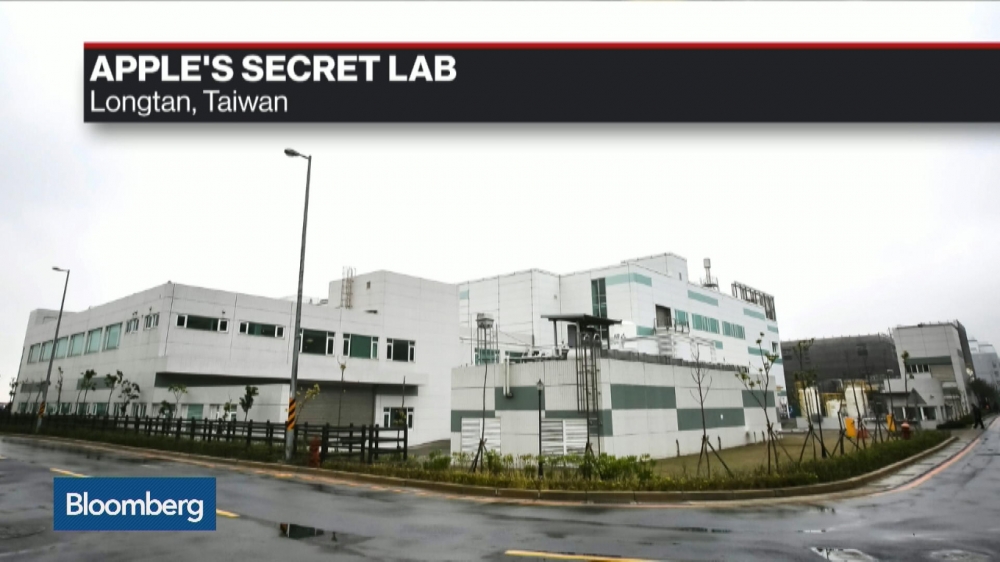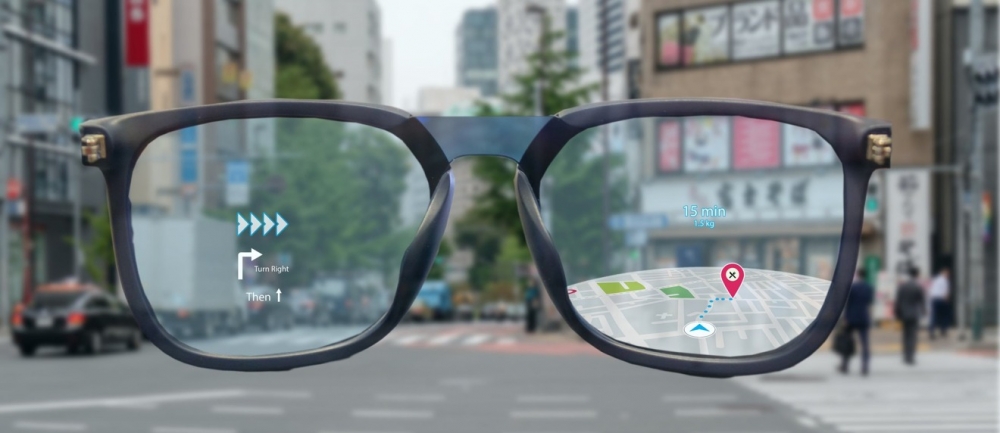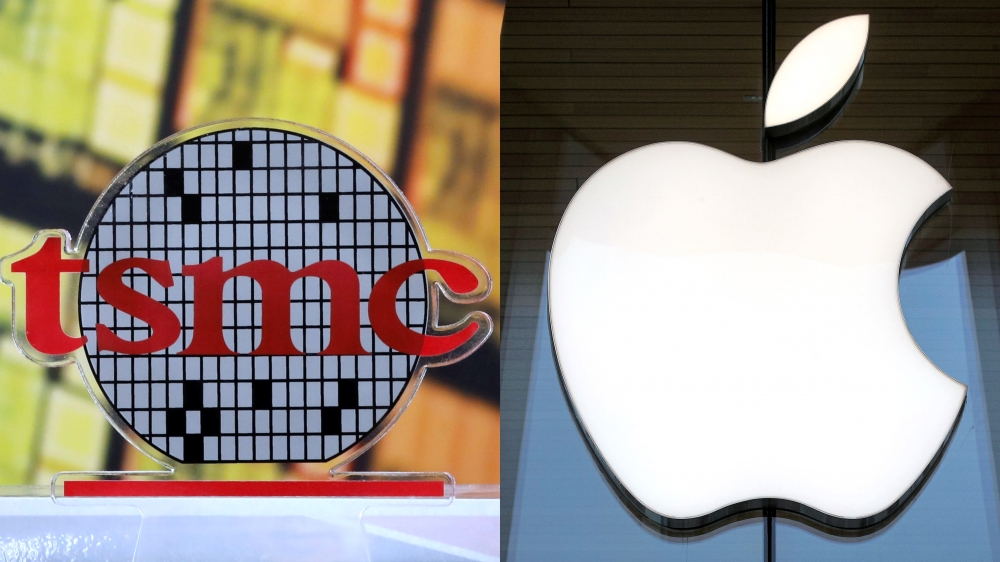TSMC is working on micro-OLED displays for Apple’s ‘upcoming AR products’
- TSMC is working on a project for micro-OLED displays, which is allegedly going to be used in many different Apple products, it has been reported.
- The development of these displays is currently in the ‘trial production stage’ when it comes to Apple Glasses.
- As well as micro-OLED, work with mini-LED is also in progress, with rumors saying the tech will feature on upcoming Apple products like iPads and MacBooks.
A new report has come out stating that Apple’s long-time chip manufacturer TSMC is working on ‘super-advanced’ micro-OLED display technology, according to Nikkei. The report goes on to say that the technology is being developed for Apple’s “future AR products” at their secretive facility in Taiwan.
 Unlike the OLED displays currently used in iPhones, micro-OLED displays offer higher power-efficiency, better display resolution and improved power-efficiency. They are built directly on the chip wafers rather than a glass substrate, which results in thinner and smaller displays.
Unlike the OLED displays currently used in iPhones, micro-OLED displays offer higher power-efficiency, better display resolution and improved power-efficiency. They are built directly on the chip wafers rather than a glass substrate, which results in thinner and smaller displays.
Allegedly, the display panels that are currently being developed are said to be less than one inch in size. TSMC’s expertise in the field of fabrication is a big reason why Apple has been partners with TSMC for all of their Apple Silicon A-series chips, as well as the new M1 Mac chip.
The reports suggested that development of micro-OLED displays is currently in the trial production stage, and that it will likely take several years for Apple and TSMC to begin mass-production. This sounds like a perfect setup for the ‘Apple Glasses’ that are currently rumored to launch around 2023 or 2024.

Panel players are good at making screens bigger and bigger, but when it comes to thin and light devices like AR glasses, you need a very small screen [...] Apple is partnering with TSMC to develop the technology because the chip maker's expertise is making things ultra-small and good, while Apple is also leveraging panel experts' know-how on display technologies.
Furthermore, apart from micro-OLED displays, Apple is also examining mini-LED displays, with in-line trial production for both display types, unlike micro-OLED. Mini-LED is a technology that uses components which are smaller than those used in traditional LED lighting. These displays do not require backlight modules and hence can be thinner while also offering higher colour contrast, making the technology suitable for foldable or curved screens.
 Previously, a report in June 2020 also suggested that Apple had invested $330 million in a Taiwanese factory, alongside supplier Epistar, for developing mini-LED displays for Apple Watch, iPads, and MacBooks.
Previously, a report in June 2020 also suggested that Apple had invested $330 million in a Taiwanese factory, alongside supplier Epistar, for developing mini-LED displays for Apple Watch, iPads, and MacBooks.
Like the other projects, this project is also being considered very secretive with its employees subjected to strict non-disclosure agreements that forbid them from "even meeting with friends or acquaintances working in the tech industry", as per a source.
 Apple’s AR/VR headset has been rumored to make its debut in the coming years, and is said to be a “pricey niche precursor” to the subsequent ‘Apple Glasses’.
Apple’s AR/VR headset has been rumored to make its debut in the coming years, and is said to be a “pricey niche precursor” to the subsequent ‘Apple Glasses’.
Recommended by the editors:
Thank you for visiting Apple Scoop! As a dedicated independent news organization, we strive to deliver the latest updates and in-depth journalism on everything Apple. Have insights or thoughts to share? Drop a comment below—our team actively engages with and responds to our community. Return to the home page.Published to Apple Scoop on 13th February, 2021.
No password required
A confirmation request will be delivered to the email address you provide. Once confirmed, your comment will be published. It's as simple as two clicks.
Your email address will not be published publicly. Additionally, we will not send you marketing emails unless you opt-in.